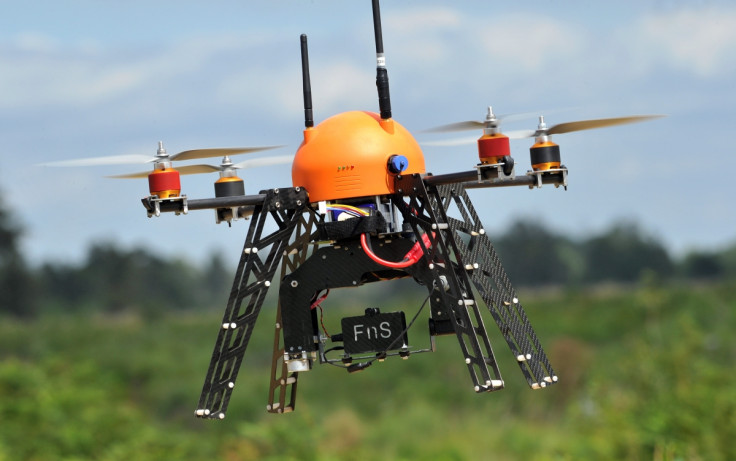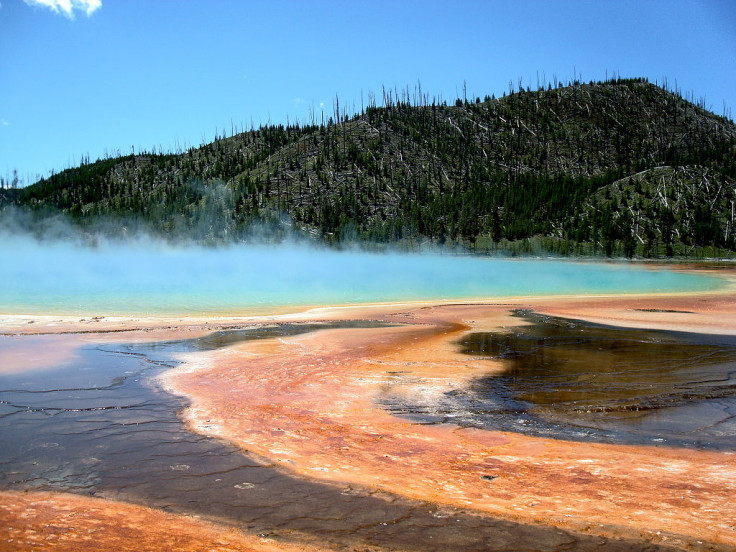Flying Drones Banned in US Olympic National Park, 400 Other Parks To Follow
Opposition to flying drones mounts as businesses release more plans for commercial use

The US National Parks Service is calling for the superintendents of all 401 parks in the country to write and enforce new rules prohibiting drone use.
The first park to enforce the ban is Olympic National Park in Washington state, which now prohibits the operation of launching and landing all unmanned aerial vehicles (UAV) in park boundaries.
It will take a while for the other parks to comply, as each park will have to amend its specific park regulations (known as a "compendium") before the ban can be enforced.

Although Olympic National Park has not had any incidents involving drones so far, the model aircrafts have been causing a nuisance of themselves elsewhere.
Tourists crashing helicopter drones
In July, a German tourist flew a drone which crashed into Yellowstone Lake at the Yellowstone Park in Wyoming. And in August, a drone flown by a Dutch operator crashed into and possibly damaged the Grand Prismatic Spring, a famous hot spring also in the same park.
Grand Teton National Park, also in Wyoming, was visited by a drone operator from California in June, who accidentally flew his drone into a cottonwood tree while trying to get close-up photos of wildlife.
All three people have received citations from park rangers and none of them have been able to get their drones back. The drone that crashed into the hot spring is still in the water, while the other two drones are believed to have been stolen before they could be retrieved by park rangers.
A six-year-long ban forbidding the commercial use of small drones in the US was overturned in March and now the Federal Aviation Administration is reluctantly trialling commercial unmanned helicopter drone flights with BP.
FAA still trying to prevent commercial use of drones
The FAA insists flying drones pose a serious danger to commercial airspace as well as people on the ground, and while it appeals the federal court decision, it is trying to put into legislation strict policies that aim to forbid most types of business purposes using drones, including paid photography and commercial farming observation.

Some areas in the US that are not airports are still designated as Class B airspace if they are in commercial aircraft flight paths, such as Dallas, Texas, so the FAA is likely to be able to continue enforcing a strict no-drones policy in these areas.
However, while the ban is still overturned, businesses are starting to lobby the FAA and increase public awareness of what they want to use the technology for.
Amazon was the first with its Amazon PrimeAir drone package delivery service, followed by QuiQui, a startup in San Francisco that wants to deliver medical prescriptions via flying drones.
Google has just joined the fray by announcing its Project Wing delivery service, which wants to use all sorts of drones to deliver goods around the world, and Disney has filed patents seeking to use drones to support giant puppets in the air and to create huge remote-controlled light shows at its Disneyland parks.
© Copyright IBTimes 2025. All rights reserved.






















